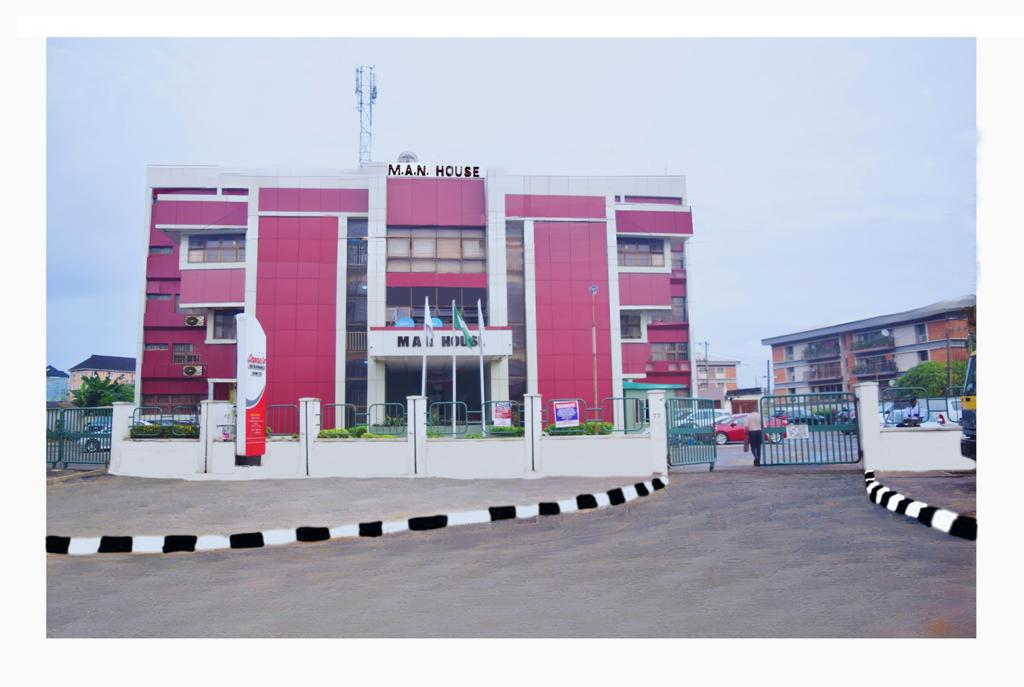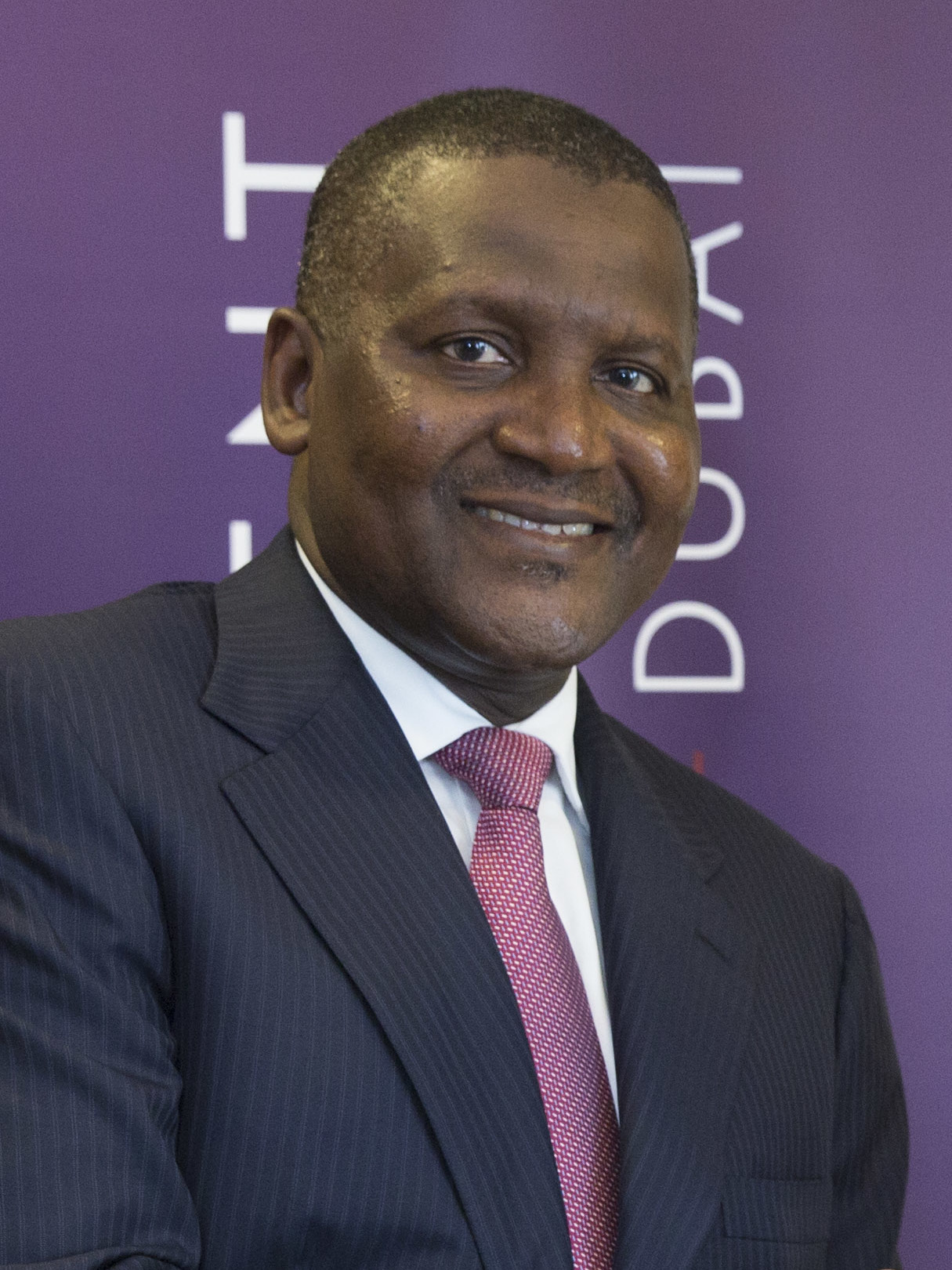The Manufacturers Association of Nigeria (MAN) has strongly opposed the proposed 15 per cent increase in port-related charges, warning that the decision will drive up production costs, fuel inflation, and encourage smuggling. The association stressed that the hike is ill-timed, given the economic challenges businesses are currently facing.
MAN’s Director General, Segun Ajayi-Kadir in a statement, cautioned that imposing additional financial burdens on manufacturers would exacerbate existing difficulties in an already fragile economic climate.
He stated that at a time when businesses are struggling with rising operational costs, high foreign exchange rates, astronomical energy expenses, and general economic uncertainties, increasing port tariffs will further strain the real sector.
Ajayi-Kadir highlighted that 80 per cent of Nigeria’s traded goods are transported by sea, with 70 per cent of total imports and exports in West and Central Africa destined for Nigeria.
He argued that higher port tariffs would increase the cost of production and reduce the competitiveness of local manufacturers, particularly those reliant on imported raw materials and industrial machinery.
Ports, he noted, serve as critical gateways for international trade, and any increase in charges would have widespread economic implications, raising production costs, exacerbating inflationary pressures, and weakening the position of locally manufactured goods in both domestic and global markets.
Furthermore, manufacturers operating in Nigerian Ports Authority (NPA) facilities would face escalated costs, further destabilizing the struggling manufacturing sector.
While MAN acknowledged the need for the NPA to generate revenue, Ajayi-Kadir argued that increasing port tariffs could be counterproductive. He emphasized that instead of imposing higher charges, the government should focus on addressing port congestion and inefficiencies, improving cargo clearing processes and vessel turnaround times to enhance revenue collection.
He also pointed out that high demurrage charges due to bureaucratic delays significantly increase costs for businesses and should be addressed to facilitate more efficient trade. Investment in port infrastructure would enhance efficiency and attract greater trade volumes, ultimately contributing to higher revenue generation.
Aligning Nigerian port charges with global best practices would also encourage increased trade activity and economic growth, making the country’s ports more competitive in the region.
MAN urged the NPA to reconsider the proposed tariff hike and engage in meaningful stakeholder dialogue to explore strategies for improving port operations while fostering a more business-friendly environment.
The association criticized the NPA’s decision to consult stakeholders only after announcing the tariff increase, arguing that such actions undermine goodwill and stakeholder confidence.
Furthermore, MAN warned that if the planned tariff increase is not rescinded, manufacturers will face significant operational setbacks, which will inevitably impact the broader economy.
The association emphasized that the proposed hike contradicts the federal government’s efforts to position Nigeria as a trade hub in West Africa. As the debate over port charges intensifies, industry stakeholders and policymakers will closely monitor how the government responds to calls for a more balanced approach to port revenue generation and trade facilitation.





